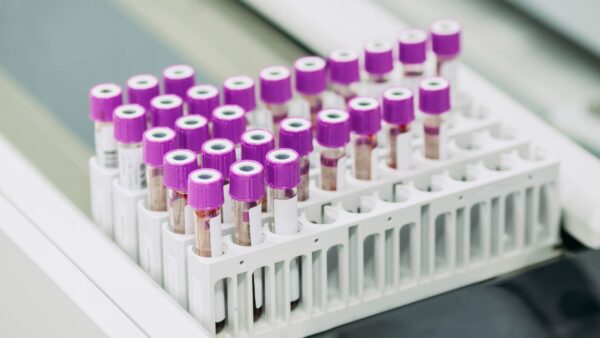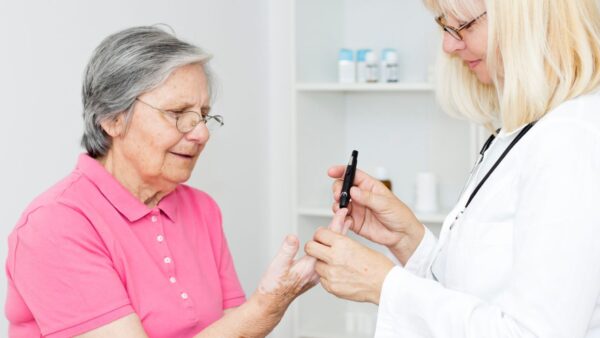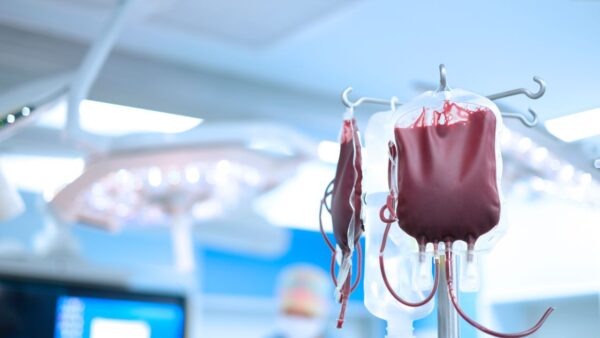
Robotic Surgery: NHS Expansion Set to Benefit Millions
The NHS is ushering in a bold new era of healthcare. Millions of patients across England are set to benefit from a significant push
Here you will find all the latest news and updates on Total Assist and the industries we work with…

The NHS is ushering in a bold new era of healthcare. Millions of patients across England are set to benefit from a significant push

In a groundbreaking moment for global healthcare, England’s NHS is set to become the first in the world to roll out a revolutionary blood

Winter always presents a significant challenge for the NHS. Emergency services face immense pressure from the increased demand and seasonal illnesses. However, the NHS

Type 2 diabetes remains a significant and growing health concern across the UK. It impacts millions of lives and places a considerable burden on

Childhood obesity remains a significant public health challenge across the UK. It impacts the well-being of countless young people and poses long-term health risks.

The NHS is launching a vital new initiative. General Practitioners (GPs) are now searching for patients unknowingly affected by the UK’s infected blood scandal.

As the mercury climbs and the vibrant colours of spring bloom across the UK, a less welcome seasonal phenomenon is also taking hold: hay

As the academic year culminates, a familiar pressure cooker environment builds for students across the UK: exam season. The culmination of months, and often

The NHS is ushering in a new era for breast screening through the transformative power of digital technology. This significant move aims to make

Thanks to the expansion of a leading NHS programme, patients in England with advanced skin cancer are being given rapid access to a potentially

